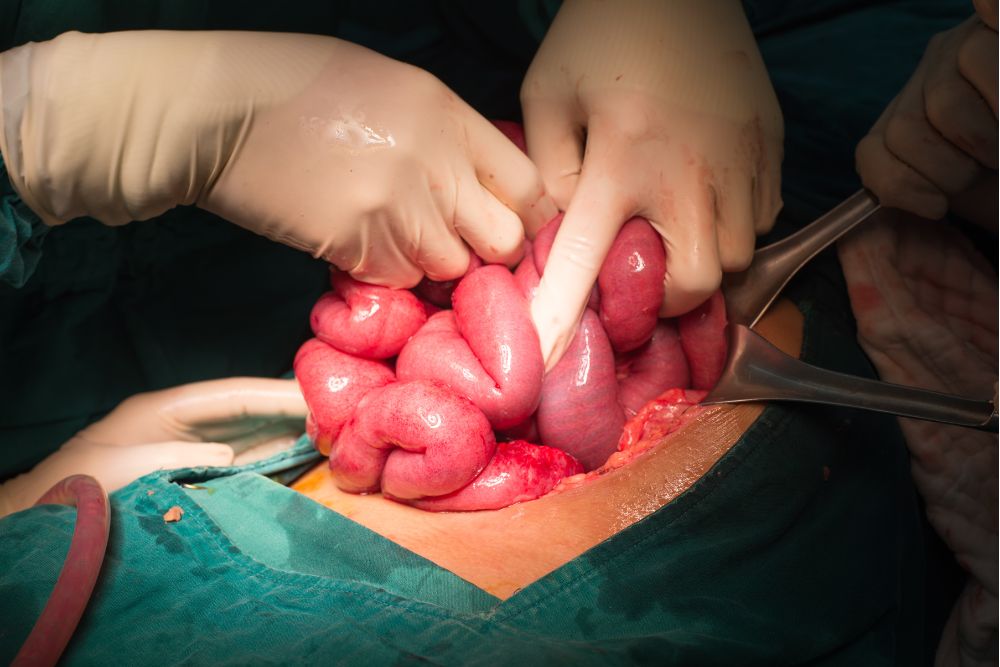Bowel Surgeries

Bowel surgeries address issues affecting the small and large intestines, including conditions like obstructions, tumors, and inflammatory diseases. Here are the primary types of bowel surgeries:
Small Bowel Resection involves removing a segment of the small intestine. This procedure is often performed for conditions such as Crohn’s disease, bowel obstruction, or cancer. The healthy ends of the intestine are then reconnected, allowing normal digestion to continue.
Large Bowel Resection (or colon resection) involves removing a portion of the large intestine (colon). This surgery can address conditions such as colorectal cancer, diverticulitis, or inflammatory bowel disease. Depending on the extent of the disease, this may involve removing part of the colon or the entire colon (total colectomy).
Colectomy is a broader term that includes several types of large bowel resections:
- Partial Colectomy: Removal of a specific segment of the colon.
- Total Colectomy: Removal of the entire colon, often followed by the creation of an ileostomy or colostomy to allow waste to exit the body.
- Hemicolectomy: Removal of half of the colon, typically the right or left side, depending on the location of the disease.
- Sigmoid Colectomy: Removal of the sigmoid colon, which is the section closest to the rectum.
Adhesiolysis is the surgical removal of adhesions, which are bands of scar tissue that can form between abdominal organs and cause pain or bowel obstruction. This procedure can be performed laparoscopically or via open surgery.
Bowel Resection for Obstruction involves removing the obstructed segment of the bowel and rejoining the healthy ends. This is often performed for bowel obstructions caused by conditions like adhesions, tumors, or hernias.
Colostomy Creation involves forming an opening (stoma) in the abdominal wall to allow waste to exit the body when the colon or rectum is not functional. This can be a temporary measure or permanent, depending on the underlying condition.
Ileostomy Creation involves creating an opening from the ileum (the last part of the small intestine) to the abdominal wall, used when the colon is removed or needs to be bypassed.
Proctectomy involves the removal of the rectum and is often performed for rectal cancer or severe inflammatory bowel disease. An artificial anus (colostomy) is usually created if the rectum and anus are removed.
These surgeries aim to address a variety of bowel conditions, improve digestive function, and alleviate symptoms. Recovery times and outcomes depend on the type of surgery, the patient’s overall health, and the underlying condition being treated.


